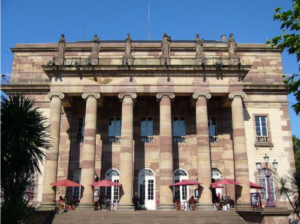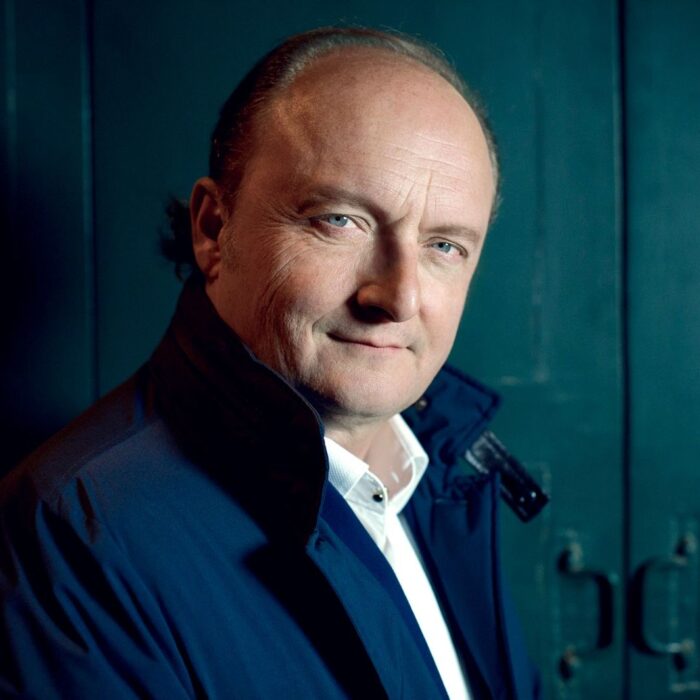
Opéra National du Rhin Makes Changes to Season Amidst Budgetary Difficulties
By David SalazarThe Opéra National du Rhin has announced modifications to its current season due to financial constraints.
Per Le Monde, the company is facing a decrease in budgetary allocation and must make changes to avoid financial turmoil. As such, the Opéra National du Rhin will replace two planned staged performances of “The Tale of the Tsar Saltan” by Rimsky-Korsakov with one single concert performance; the originally planned showcases were set to take place in May at La Filature du Mulhouse. The report notes that the opera was co-produced with La Monnaie and the Teatro Real de Madrid but that the company could not justify performing the work at two different halls.
The company will also limit the number of performances of “L’Incoronazione di Poppea.”
The company is supported primarily by public funding with a budget of about 23 million euros; approximately 9.5 million comes from local municipalities (the company is based in Strasbourg, Mulhouse, and Colmar), another 5 million from the state, and another 1.3 million is public funding from the region Grand-Est. However, these subsidies have stagnated for 15 years, while costs have soared. There was a recent 3.5 percent increase in salaries of public employees, an increase in energy costs, and raw materials. The gas bill at La Filature, one of the buildings the company uses, increased 2.5 times resulting in an additional cost of 300,000 euros, which the state cannot cover. As such, the building will be shut down completely between Dec. 11, 2023 and Jan. 31, 2024. This could repeat itself the following season.
Meanwhile the towns of Strasbourg and Mulhouse, where the company is based, also decided to diminish their support by 2.5 percent.
The report notes that the company showcased 230 presentations over the past two seasons between 2021-22 but must now reduce its output to overcome the financial challenge. Per Alain Perroux, the company’s director, there are possibilities of creating stage elements that can be utilized across several operas or to increase the number of co-productions to share expenses. Moreover, certain kinds of music will likely be reduced from future programming; baroque music will likely be affected since it requires specialized musicians and instruments to be performed. Hence the decision to reduce the performances of “Poppea” this season.
Categories
News

